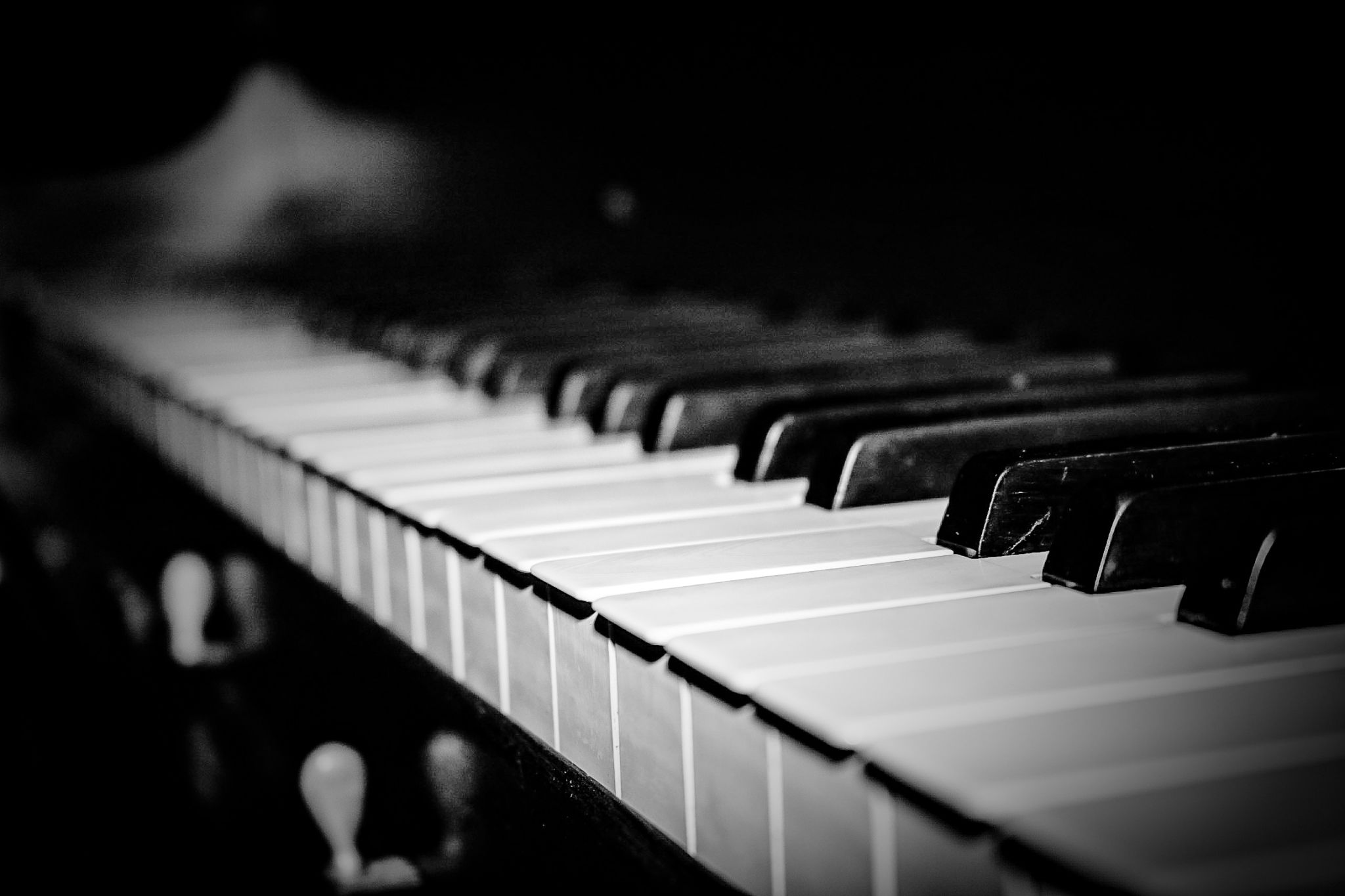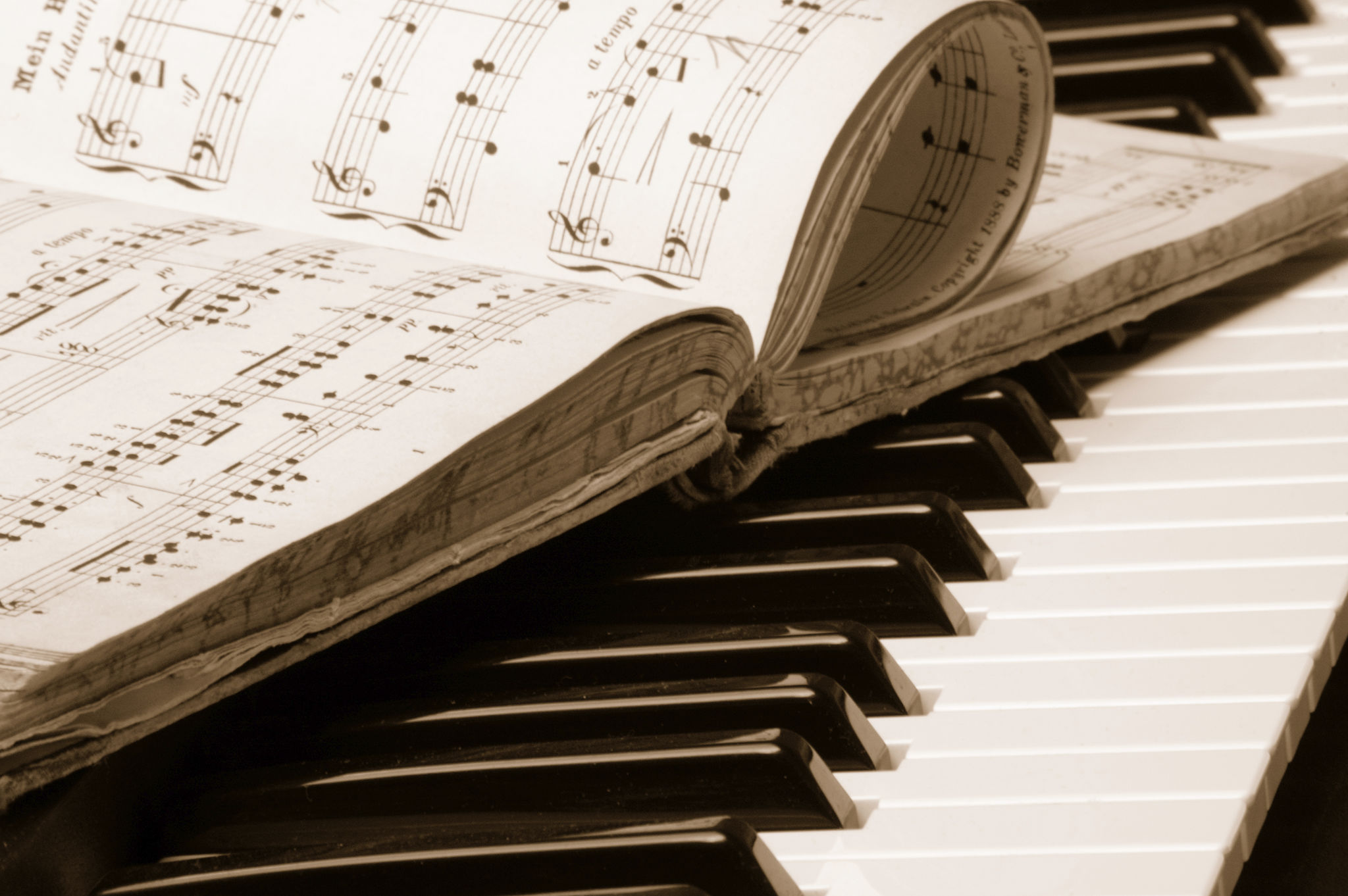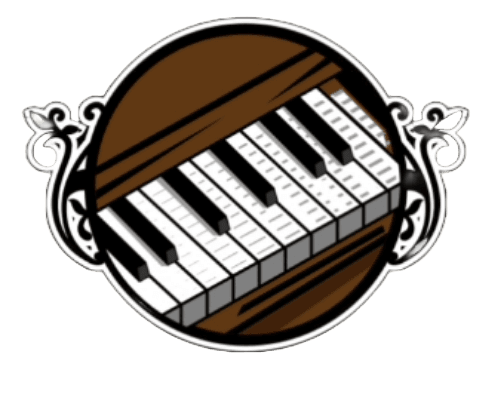Preparing for Your First Piano Lesson: A Beginner's Checklist
Understanding the Basics
Embarking on your piano-learning journey can be both exciting and daunting. As you prepare for your first piano lesson, it's essential to understand some basic concepts. Familiarize yourself with the layout of the piano keyboard, including the location of middle C and the arrangement of the black and white keys. This foundational knowledge will help you feel more comfortable during your lesson.
Understanding musical notation is also beneficial. While your instructor will guide you through reading music, having a preliminary grasp of notes and time signatures can give you a head start. Consider reviewing some basic music theory online or through beginner music books.

Setting Clear Goals
Before you begin, think about why you want to learn the piano. Setting clear, achievable goals will help keep you motivated. Whether you aim to play classical pieces, accompany your singing, or simply learn as a hobby, having a clear objective will guide your lessons.
Discuss these goals with your instructor during your first lesson. They can tailor their teaching approach to suit your aspirations, ensuring that you get the most out of each session.
Materials and Equipment
Having the right materials is crucial for a successful learning experience. Ensure that your piano or keyboard is in good working condition and properly tuned. If you don't own one yet, consider renting or purchasing a digital keyboard as a temporary option.
Investing in a beginner's piano book recommended by your instructor can also be highly beneficial. These books often include simple exercises and pieces that gradually increase in complexity.

Establishing a Practice Routine
Consistency is key when learning any new skill. Establishing a regular practice routine will significantly enhance your progress. Determine a practice schedule that fits into your daily life, ideally practicing at the same time each day to build a habit.
Start with short practice sessions and gradually increase the duration as you become more comfortable. Aim for at least 20-30 minutes of focused practice per day to begin with.
Mental Preparation and Mindset
Approaching your first lesson with the right mindset is important. Be open to making mistakes and view them as opportunities for growth rather than failures. Patience and perseverance are essential traits for any beginner pianist.
Remember that progress may be slow initially, but with consistent effort and a positive attitude, you'll see improvement over time. Celebrate small victories along the way to keep motivation high.

Communicating with Your Instructor
Effective communication with your instructor can make a significant difference in your learning experience. Don't hesitate to ask questions during your lesson if you're unsure about something. Clarifying doubts early on prevents misunderstandings and fosters a more productive learning environment.
Provide feedback on teaching methods or areas you find challenging. A good instructor will appreciate your input and adjust their approach to better suit your needs.
